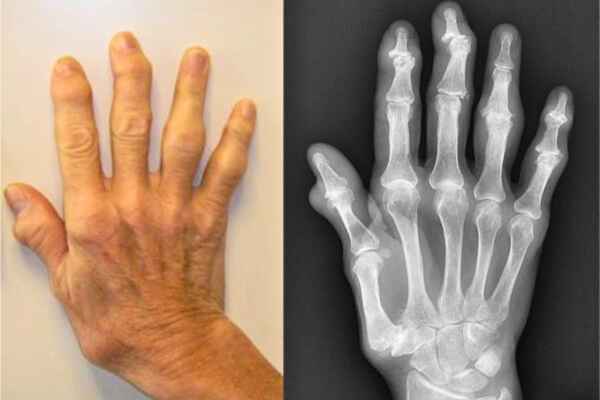Hand Osteoarthritis is a painful condition that afflicts millions, causing discomfort and restricting daily activities. Recent research has questioned the efficacy of some common treatments, shedding light on what truly works and what might not be as effective as once believed.
The Ineffectiveness of Joint Injections Hand Osteoarthritis
One common treatment involves injecting steroids or hyaluronic acid into finger joints. However, a comprehensive review by the University of Copenhagen suggests that these injections may not be more effective than Placebos in relieving pain caused by Hand Osteoarthritis.
Other Treatments Under Scrutiny Hand Osteoarthritis
The research also evaluated various pharmacological interventions, with NSAIDs and steroid tablets emerging as the most effective in reducing pain and improving function. Yet, long-term steroid use has adverse effects, warranting careful consideration.
In contrast, joint injections of hyaluronate, steroids, and hydroxychloroquine tablets showed no significant advantage over placebos, raising questions about their effectiveness. Topical creams and gels also faced uncertainty regarding their efficacy.
The Need for Reevaluation Hand Osteoarthritis
These findings prompt a critical reevaluation of treatment recommendations. Future large-scale trials are needed to establish the true efficacy of promising interventions. Evidence-based medicine is vital in guiding Hand Osteoarthritis treatment.

Individualized Treatment Approach
Experts recommend an individualized approach, considering options with the lowest risk first, such as short-term usage of oral NSAIDs or glucocorticoids. Potential benefits must be weighed against associated risks.
Seeking Hand Surgery Specialists
For persistent symptoms, consulting hand surgery specialists is advisable. They can assess treatment alternatives, including medication, splinting, hand therapy, injections, and surgery, providing valuable insights and options for managing Hand Osteoarthritis.
Conclusion
The landscape of Hand osteoarthritis treatment is evolving, challenging long-standing beliefs about certain interventions. While some therapies may not provide the expected relief, NSAIDs and steroid tablets have shown promise. Patients and healthcare providers must collaborate to determine the most suitable treatment plan, taking individual needs and potential risks into account. Seeking the guidance of hand surgery specialists can offer valuable insights and options for those seeking relief from this debilitating condition.




